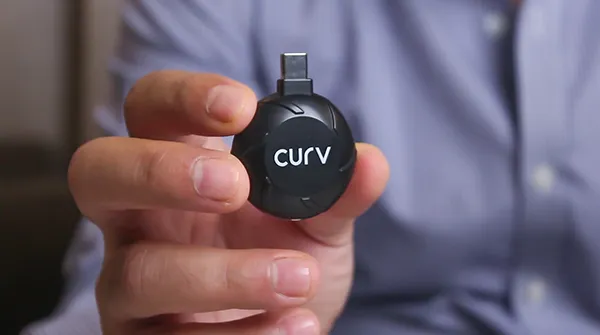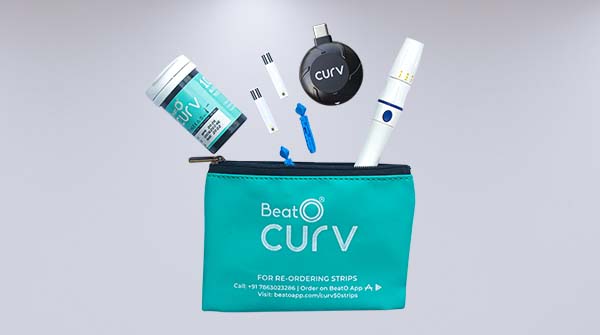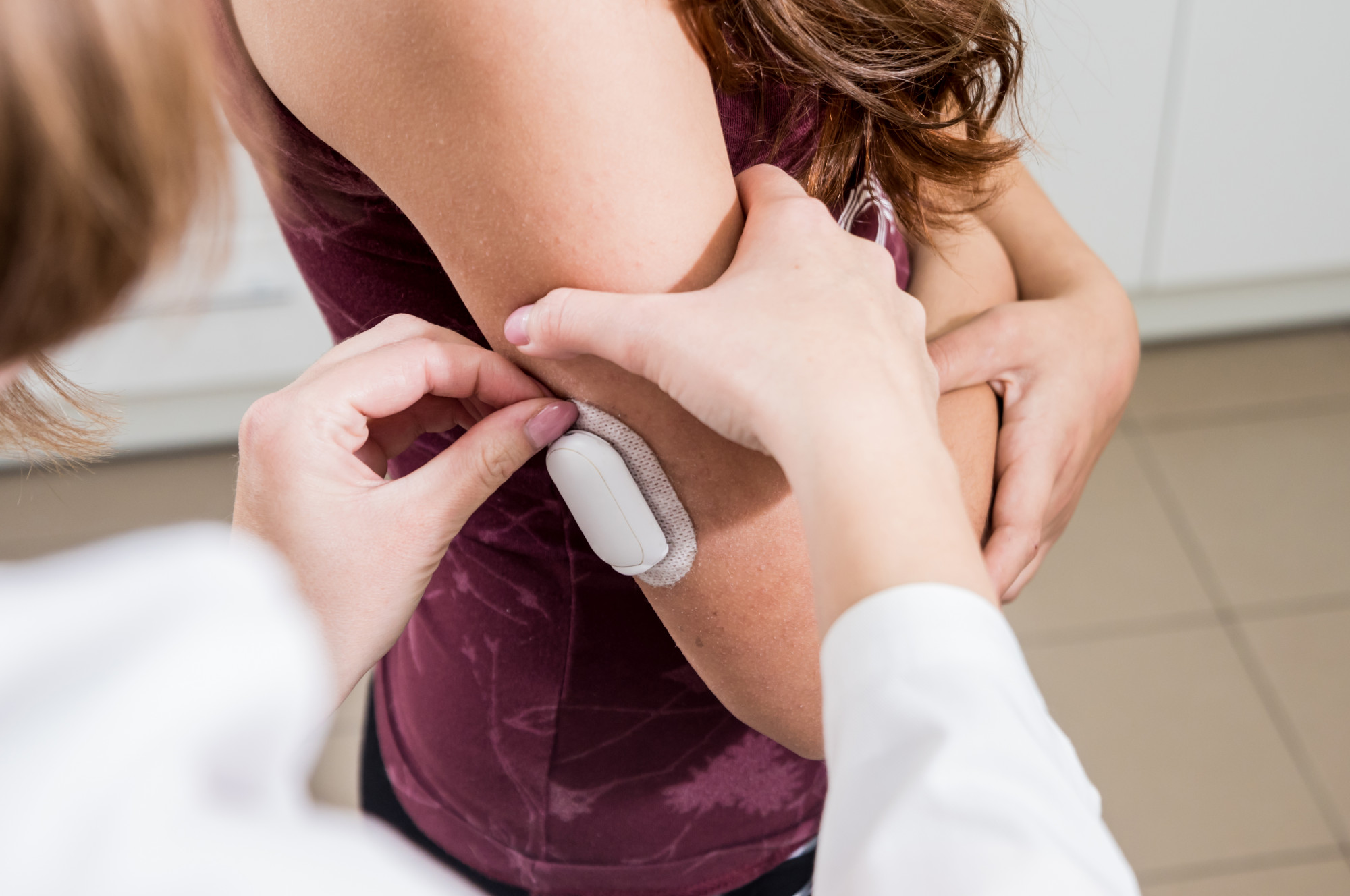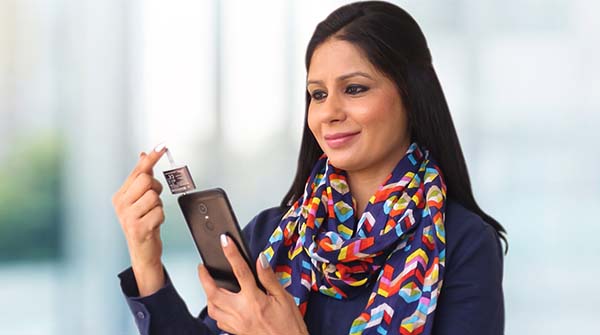Diabetes, a chronic medical condition affecting millions worldwide, has brought with it the necessity for regular monitoring of blood glucose levels. The advent of glucometers significantly alleviates the fear and anxiety that often accompany the disease. These handheld devices have revolutionized diabetes management, enabling individuals to take control of their health, make informed decisions, and lead fulfilling lives. This article delves into the world of glucometers, their evolution, and their profound impact on diabetes management.

Understanding Diabetes
Before delving into the role of glucometers in diabetes management, it’s crucial to understand the disease itself. Diabetes mellitus, commonly referred to as diabetes, is a metabolic disorder characterized by elevated blood sugar levels over an extended period. There are primarily two types of diabetes: Type 1 and Type 2. While they have distinct causes, both result in similar challenges, including the need for regular blood sugar monitoring.

The Evolution of Glucometers
Glucometers, also known as blood glucose meters or glucose monitors, have come a long way since their inception. The earliest devices for monitoring blood sugar were cumbersome and impractical. They required significant blood, were often inaccurate, and took considerable time to provide results.
Advancements in technology have revolutionized glucometers. Today’s devices are compact, easy to use, and provide rapid and precise results with just a small drop of blood. Modern glucometers are also equipped with various features such as memory storage, data connectivity, and the ability to calculate averages over time.
The Mechanics of Glucometers
Glucometers work on a relatively simple principle. They measure blood glucose levels by detecting the electrical current produced when glucose reacts with certain enzymes on a test strip. The current generated is directly proportional to the glucose concentration in the blood. The device then calculates and displays the blood sugar level in milligrams per deciliter (mg/dL) or millimoles per litre (mmol/L), depending on the user’s preference.

The Significance of Regular Monitoring
For individuals with diabetes, regular monitoring of blood glucose levels is a vital aspect of self-care. It serves several essential purposes:
Treatment Adjustment: Monitoring helps individuals and healthcare providers make necessary adjustments to treatment plans, including medication dosages and dietary changes.
Hypo/Hyperglycemia Detection: It helps detect episodes of hypoglycemia (low blood sugar) and hyperglycemia (high blood sugar) promptly, allowing for timely intervention.
Pattern Recognition: Regular monitoring helps identify patterns and trends in blood glucose levels, which can aid in long-term diabetes management.
Motivation and Accountability: Tracking blood sugar levels can motivate individuals to make healthier choices and remain accountable for diabetes management.
Empowering Patients
One of the most significant benefits of glucometers is the empowerment they offer to individuals with diabetes. Instead of relying solely on healthcare providers, patients can actively participate in managing their condition. This newfound independence instils confidence and reduces the anxiety associated with diabetes.
Glucometers are user-friendly, requiring minimal training to operate. Most models come with clear instructions and easy-to-read displays. This simplicity ensures that individuals of all ages can use them effectively.
Choosing the Right Glucometer
Selecting the right glucometer is a crucial decision for anyone with diabetes. There are various factors to consider, including:
Accuracy: Look for a model known for its accuracy in blood glucose measurements.
Ease of Use: Consider the device’s user-friendliness, especially if it’s for an elderly individual or a child.
Data Storage: Some glucometers have built-in memory for storing past readings, which can be valuable for tracking trends.
Connectivity: Modern glucometers often come with Bluetooth or USB connectivity to sync data with smartphone apps or computer software.
Cost: Factor in the cost of the device and the ongoing expenses for test strips, lancets, and other supplies.
Size and Portability: Choose a device that fits your lifestyle; some are more portable than others.
Insurance Coverage: Check with your health insurance provider to see if they cover the cost of glucometers and related supplies.
Tips for Effective Glucometer Use
To maximize the benefits of your glucometer, here are some tips:
Follow a Testing Schedule: Consistency is key. Work with your healthcare provider to establish a testing schedule that suits your needs.
Proper Hand Hygiene: Wash your hands thoroughly before testing to ensure accurate results.
Rotate Testing Sites: Avoid testing the same spot repeatedly; this can lead to discomfort and inaccurate readings.
Record Results: Keep a record of your readings, along with notes about meals, activities, and any unusual circumstances.
Seek Guidance: Consult your healthcare provider for questions or concerns about your readings.
Glucometers have transformed the landscape of diabetes management, turning what was once a daunting task into a manageable routine. With these devices, individuals with diabetes can take control of their health, make informed decisions, and lead fulfilling lives. Regular blood glucose monitoring improves physical health and empowers patients, reducing the fear and anxiety associated with diabetes. It’s a testament to the power of technology in enhancing the quality of life for those living with chronic conditions.
Disclaimer:The content of this article is compiled information from generic and public sources. It is in no way a substitute, suggestion, or advice for a qualified medical opinion. Always consult a specialist or your own doctor for more information. BeatoApp does not claim responsibility for this information .
Dr. Navneet Agarwal is an established and highly skilled Diabetology with over 25 years of experience in Diabetology & Obesity. He is well-regarded for his quality and patient-centered diabetes care. Also, keep track of your blood sugar levels with a Doctors’ approved smart glucometer and elevate your healthcare routine.




